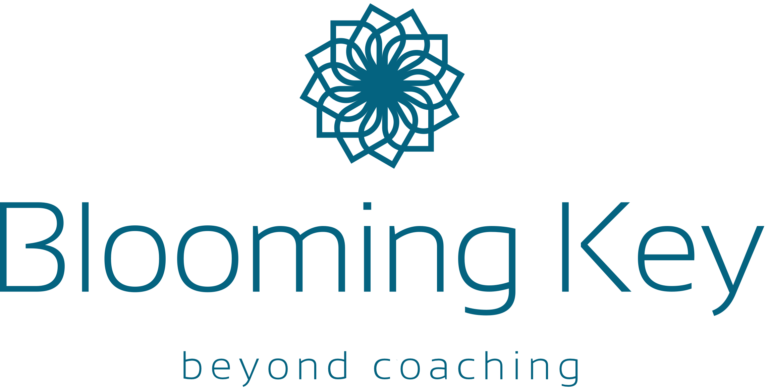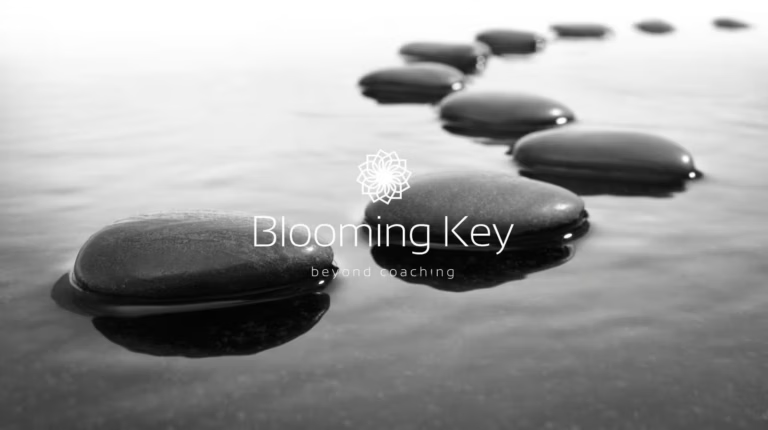5 Ways To Win An Argument Fairly
Arguments are a part of life, whether you’re a new couple or you’ve been married for years. Having conflicting ideas or opinions is natural and can add spice to your relationship. While your aim shouldn’t be to ‘win’, being able to effectively communicate during a heated dispute is important, and will help you move on and become stronger as a couple. In my personal experience, arguments can quickly get out of control, even when you love someone dearly. While I never intended to hurt my partner, I did at times and I am sorry for that. Based on this, I want to share 5 top tips to win an argument fairly and without resorting to yelling, emotional outbursts, or additional drama.
Develop Emotional Intelligence
No, you can’t wave a magic wand and develop emotional intelligence overnight. This will take years to really master, but working on your emotional intelligence will help you during arguments. Rather than react without thinking, start yelling, and bringing up the past, you need to master the art of assessing a situation and using effective communication. So the next time you feel tensions starting to rise between you and your partner, pause for a moment.
Consider how you feel.
Why are you feeling frustrated?
How do you think your partner is feeling?
Is there something else, perhaps a deeper issue at hand that is adding fuel to the fire?
A couple of common fuels are hunger, feeling tired, being stressed out at work, feeling pressured into something, and insecurities. Now ask yourself, if this argument is important or just emotions bubbling up to the surface? By assessing the situation and considering other factors that might be causing a dispute, you can develop emotional intelligence and prevent exaggerated arguments from cropping up.
Use Communication Wisely
To voice your concerns during an argument without raising your voice or making the situation worse, never bring up the past. Trying to prove a point or win an argument based on previous disputes is not going to help in a heated situation. Instead, try to explain how you feel, why you’re feeling this way, and what you need from your partner. Often a dispute is just a lack of communication and by improving your verbal skills, you can overcome many hurdles in life.
Pick & Choose Your Battles
Relationships are built on communication and trust, and arguments are one of the faster ways to ruin all your hard work. A top relationship tip is to pick and choose your battles. If something is important to you, then you should make your point and voice your concerns to your partner. However, if an argument is irrelevant or not important on the grand scale of your relationship, you need to move on. Bickering like children will only damage your relationship and cause emotional pain.
Don’t Let An Argument Repeat Itself
Many people believe that you should never go to bed on an argument and this is something to keep in mind! If an argument is really important, don’t drop it and give up when you feel frustrated. Fighting for a little longer until you have both got everything on your mind out in the open will help you solve an issue rather than allow it to pop up in the future.

Resorting to the silent treatment or hoping an issue will just dissolve on its own, is setting yourself up to fail. Instead, choose to win an argument as a couple by communicating until you eventually find common ground, a resolution or
solution, and can move forward.
Practice Forgiveness
When you forgive your partner, you need to really mean it. If you choose to bring up things from the past that you’ve actually been holding onto, you’re basically revealing that you never forgave them in the first place. Practicing forgiveness will help you build trust and positive communication as a couple. Nobody is perfect and practicing real forgiveness will help bring you closer. Failing to forgive will only result in more problems and a breakdown in communication, so try your best to forgive, forget and move forward.





